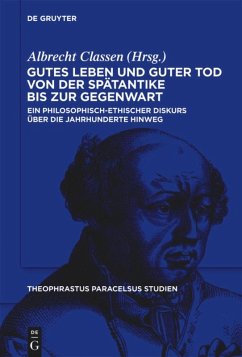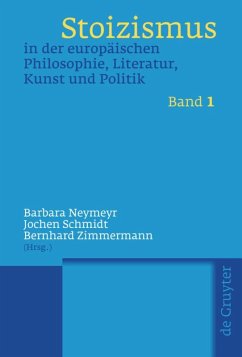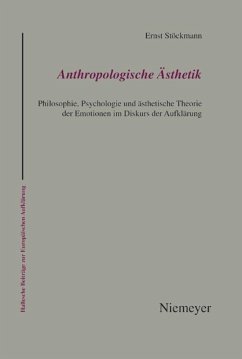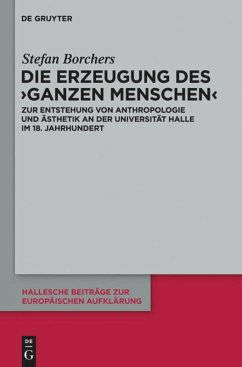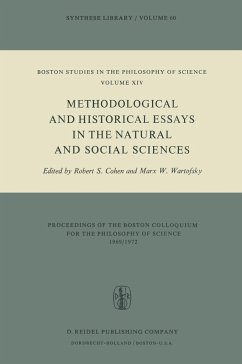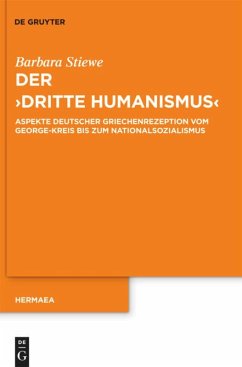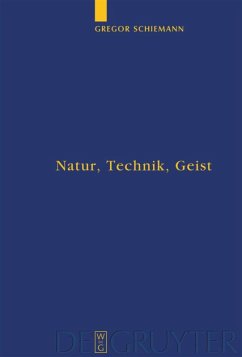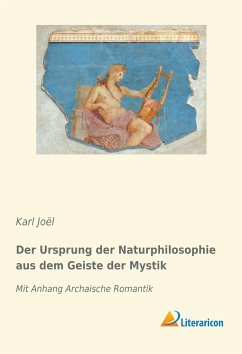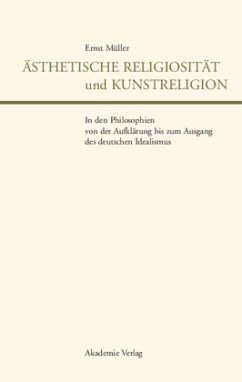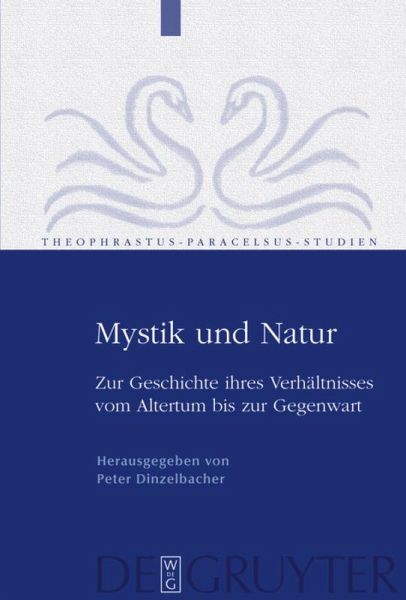
Mystik und Natur
Zur Geschichte ihres Verhältnisses vom Altertum bis zur Gegenwart
Herausgegeben: Dinzelbacher, Peter
Versandkostenfrei!
Versandfertig in 6-10 Tagen
139,95 €
inkl. MwSt.

PAYBACK Punkte
0 °P sammeln!
Nowadays there is a tension between science and religion which is scarcely capable of resolution. This has a long tradition, going back to Antiquity and the Middle Ages - as too does its counterpart, the integrative world-view in which knowing the forces of nature and recognising God are essential human tasks. The first volume of the new series Theophrastus-Paracelsus-Studies concerns itself with epochs and personalities in the history of ideas from Late Antiquity up to the present day devoted to integrating natural science and mysticism. Hildegard von Bingen, Jakob Böhme or Goethe as a scientist and philosopher provide the focus, as too do present-day innovative approaches to understanding mysticism such as psychology and parapsychology.
Naturwissenschaft und Religion stehen heute in einer kaum mehr zu überwindenden Spannung. Diese hat eine lange, in Antike und Mittelalter zurückreichende Tradition - genauso aber auch ihr Gegenteil, das integrative Weltbild, nach dem die Naturkräfte zu kennen und Gott zu erkennen wesentliche Aufgaben des Menschen sind. Der erste Band der neu gegründeten Reihe Theophrastus-Paracelsus-Studien beschäftigt sich mit Epochen und Persönlichkeiten der Geistesgeschichte von der Spätantike bis in die Gegenwart, die sich der Integration von Naturwissenschaft und Mystik widmeten. Hildegard von Bingen, Jakob Böhme oder Goethe als Naturwissenschaftler und Philosoph stehen ebenso im Fokus wie gegenwärtige innovative Ansätze zum Verständnis der Mystik wie Psychologie und Parapsychologie.




